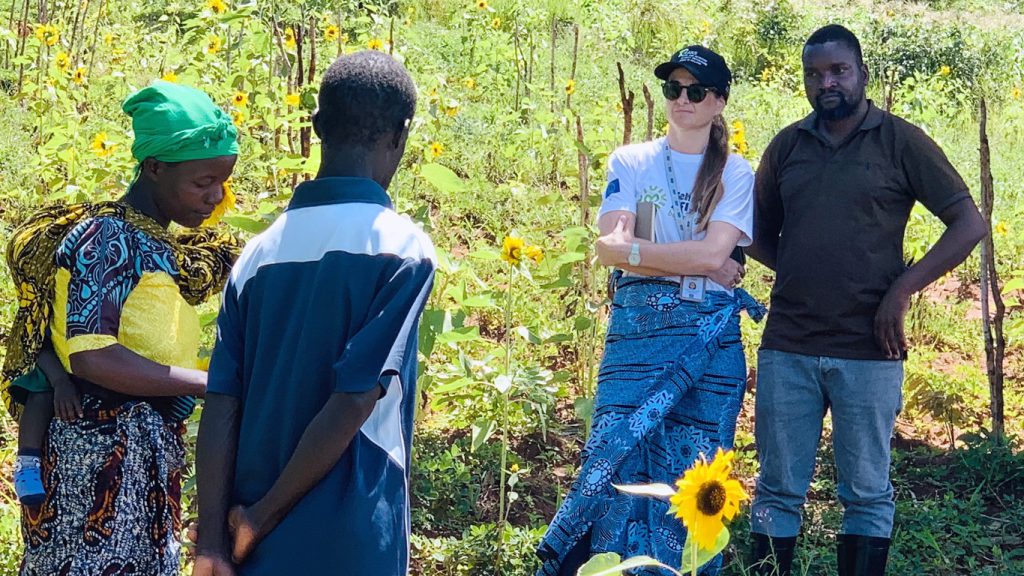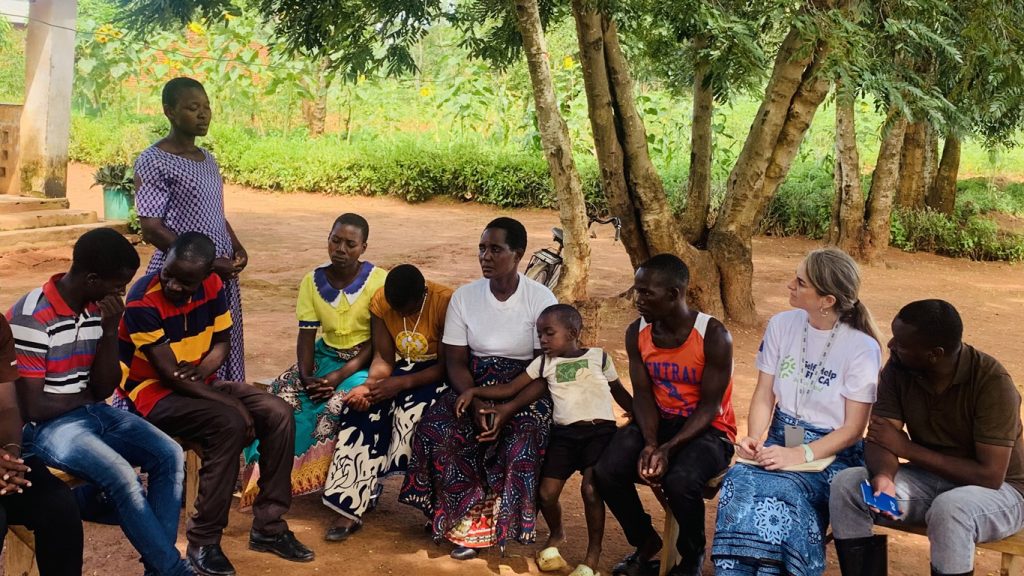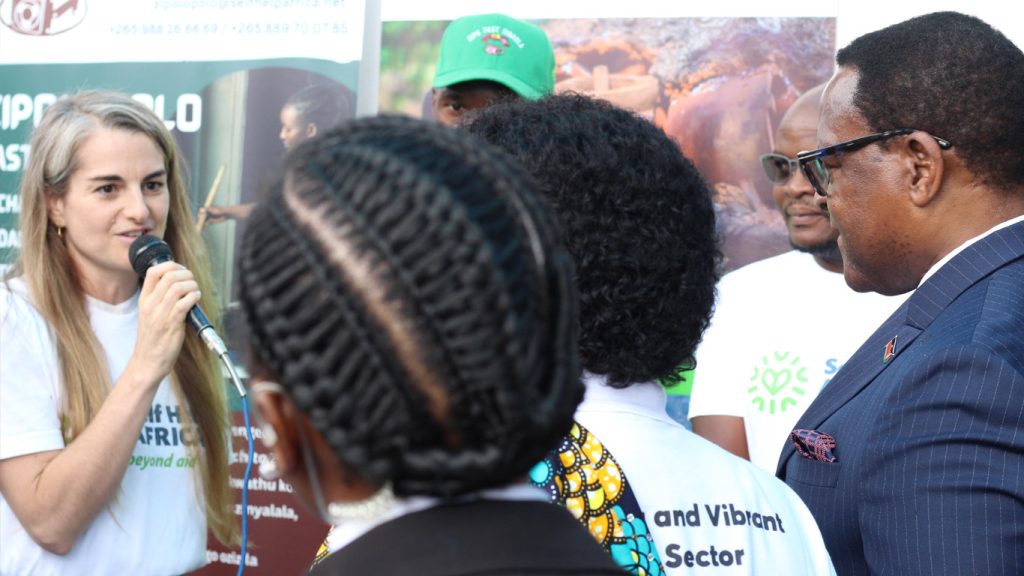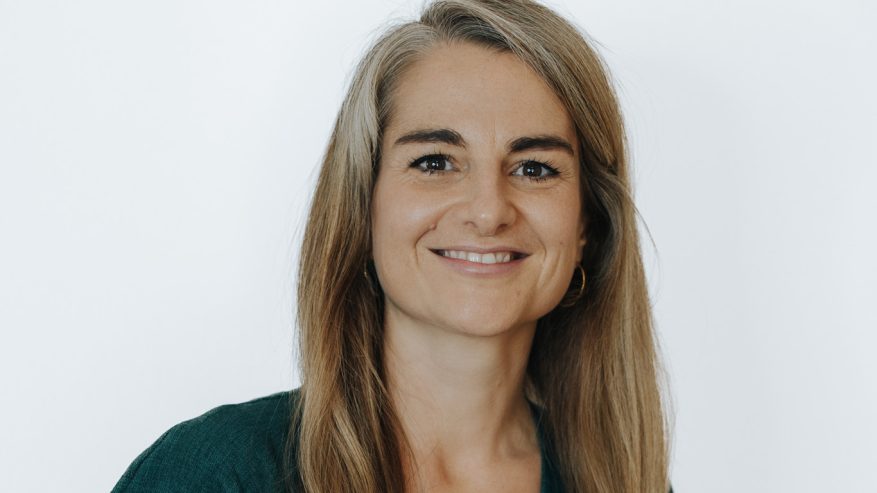At Self Help Africa, we believe real change happens when development is led from the ground up. In this edition of our Meet Our Experts series, we’re proud to introduce Kate Hartley-Louis, Country Director for Self Help Africa in Malawi, and the dedicated team she leads.
After graduating from the University of Southampton in the UK with a degree in Music, Kate spent a few years working in the arts but felt something was missing. “I decided to go back to India—a country I had fallen in love with at the age of 18,” Kate says.
She spent six months volunteering with a women’s empowerment NGO—a role that sparked a lasting passion. Following her post-grad in International Development at the London School of Economics and Political Science, she joined United Purpose and moved to Bangladesh for three years where she worked her way up to Head of Programs.

Inspired by the Bangladesh country program’s strong approach to working with a network of dynamic local NGOs, Kate applied for a regional role based out of Malawi that was focused on working alongside nine local NGOs across five countries. Nearly a decade on, and a merger between United Purpose and Self Help Africa, she now leads the Self Help Africa Malawi country program with the same purpose that first drew her in.
Malawi is a country rich in culture and resilience, but it also faces urgent development challenges.
Limited access to reliable electricity, widespread water scarcity, and declining agricultural productivity are compounded by deforestation, erratic weather patterns, and the growing impacts of climate change. These pressures threaten livelihoods across the country.
In response, Kate and her team are advancing innovative, community-driven solutions. “In Malawi, we are well known for our work that addresses energy challenges, which includes market-based solutions for cooking, lighting, and productive uses of energy,” Kate says.
In off-grid communities, SHA Malawi has established two solar mini-grids—now operated by a local social enterprise set up by Self Help Africa—that deliver clean energy to 150 connections, including homes, schools, businesses, and places of worship. These grids provide more than just electricity; they create opportunities for education, enterprise, and safer, more connected lives.
“We are also a major actor in implementing some of the largest and most successful agriculture, food security, water hygiene and sanitation and nutrition projects in the country—to unlock opportunities for young people, empower women, and strengthen community resilience to climate and economic shocks,” Kate adds.

Gender equality is central to SHA Malawi’s approach. “A major barrier to resilience and growth in the agricultural sector is gender-based violence,” Kate says. As a member of the Malawi Irish Consortium on Gender-Based Violence, the SHA Malawi team works with the government and partner organizations to promote evidence-based good practices, conduct joint advocacy, and support national efforts to prevent and respond to GBV.
“All our projects have trained Gender Focal Points, and all projects strive to shift harmful social and cultural norms, and to strengthen women’s voice, choice, and control over resources and decisions,” Kate explains. The Malawi office now employs a full-time Gender, Safeguarding, and Inclusion Manager to expand this vital work.
Recent cuts in international development funding have had a ripple effect across the sector. Between 2020 and 2023, US foreign assistance disbursements to Malawi averaged over $360 million annually. “With Malawi’s economy currently highly vulnerable, lacking the buffers needed to absorb shocks, the economic and welfare implications of these recent events on the people we work with are concerning,” Kate says.

While only a few of SHA Malawi’s projects relied on U.S. government funding, Kate, her team, and SHA’s global leadership are actively seeking alternative sources to close the gap. Malawi is the special appeal focus for our 2025 U.S. gala series, including the Change Makers Boston and New York Galas.
“For those who witness the challenges Malawi faces and are motivated to take action,” Kate says, “supporting SHA means standing behind a vision that counteracts negative narratives and focuses on respect, dignity, and local agency.”
Whether through funding, collaboration, or sharing success stories, every contribution plays a role in advancing our shared goal: a future beyond aid.
Kate and the SHA Malawi team are not only delivering impactful programs—they’re helping build a future shaped by the people who live it. Their work reminds us that sustainable change happens when we invest in people, listen deeply, and move forward together.

